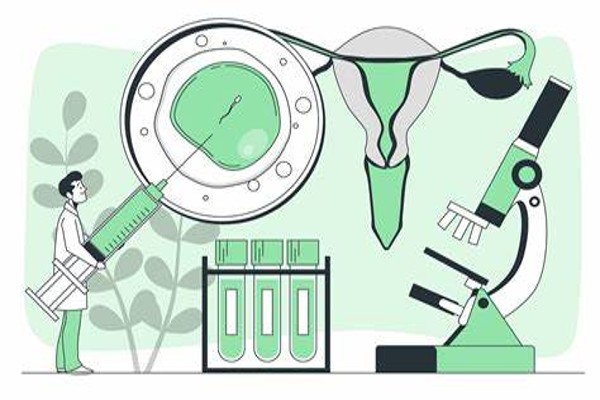Factors To Consider Before Going For Assisted Reproductive Treatment

Whatever you do, I think you have to be looking after yourself as best you can before going for assisted reproductive treatment. It is important to acknowledge that this is a really hard time in life.
What makes it so difficult, is that you don’t know what the outcome’s going to be.
Emotional effects
ART is psychologically demanding and emotional health effects are common.
In Australia, counseling services are available in all IVF clinics.
Women who have IVF treatment and their partners are encouraged to use these if they experience emotional difficulties.
Women often experience symptoms of depression and anxiety during IVF treatment, particularly when waiting for results after embryo transfer and when treatment fails.
For some people, deciding whether to continue or stop treatment can be difficult. Couples who have frozen embryos that they are not intending to use often find it hard to decide what to do with these embryos.
For some couples the strain of IVF causes relationship problems but others describe feeling closer and able to support each other through the demands of treatment.
In the first few months after giving birth, women who conceive with IVF have a higher rate of parenting difficulties than women who conceive spontaneously, including anxiety about caring for the baby.
However, these difficulties improve with time.
The rate of exclusive breastfeeding three months after the birth is lower after IVF than spontaneous conception and this may be related to worry about the ability to nourish the baby.
When IVF fails, people often feel very disappointed and sad. However, follow-up studies show that within a few years of ending treatment, there are very few differences in terms of emotional wellbeing and life satisfaction between those who had a baby as a result of IVF and those who did not.
Possible physical effect of ART: During treatment Physical complications requiring hospital admission occur in about one per cent of all stimulated treatment cycles.
The most common complication is ovarian hyper stimulation syndrome (OHSS). This syndrome can develop as a result of the fertility drugs which are used in IVF to stimulate the ovaries to produce multiple eggs.
OHSS is a potentially serious condition which, in very rare cases, can lead to blood clots, kidney failure and death.
IVF programmes monitor patients carefully to minimise the risk of OHSS.
If a patient develops an excessive number of follicles in response to the fertility drugs the patient’s doctor may recommend that the cycle be cancelled before egg collection to avoid OHSS.
Or, if the doctor has reason to believe that the patient is at risk of OHSS after the egg collection procedure, the advice may be to freeze all the embryos and then transfer them, one at a time, when the ovaries return to normal.
Surgical complications which require hospital admission, such as bleeding and infection from egg collection, occur in less than 0.5 per cent of IVF cycles.
The risk of serious complications from general anaesthesia and sedation is approximately one in 50,000 treatment cycles.
Long-term effects
There have been very few studies examining long- term health effects of IVF for women, other than some studies relating to cancer. Those undergoing treatment are often concerned that the use of fertility drugs may increase a woman’s risk of cancer. A number of large studies have investigated the relationship between the use of fertility drugs and breast cancer.
Combining these studies, the risk of using fertility drugs has been investigated in over 45,000 women and no overall increase in the rate of breast cancer has been found. Ovarian and uterine cancers are much more uncommon and therefore more difficult to study.
However, most studies have shown no significant increase in the risk of developing these cancers due to fertility drugs. Some studies have raised questions about whether there is an increase in cancer risk associated with the duration of fertility drug use, or use of specific types of fertility drugs among certain groups of infertile women.
To date there is no conclusive evidence that these factors increase the risk of cancer.
Although the findings of these studies are reassuring, it is important to remember that IVF has only been available for just over 30 years and that it is only in the last two decades that IVF has been used by large numbers of women.
